For journalists out in the field, it has been emotionally disturbing to cover the ongoing pandemic
Journalists covering the Covid-19 outbreak risk contracting the virus. Some suffer mental stress seeing the plight of the affected, while some panic seeing the deaths tally rising
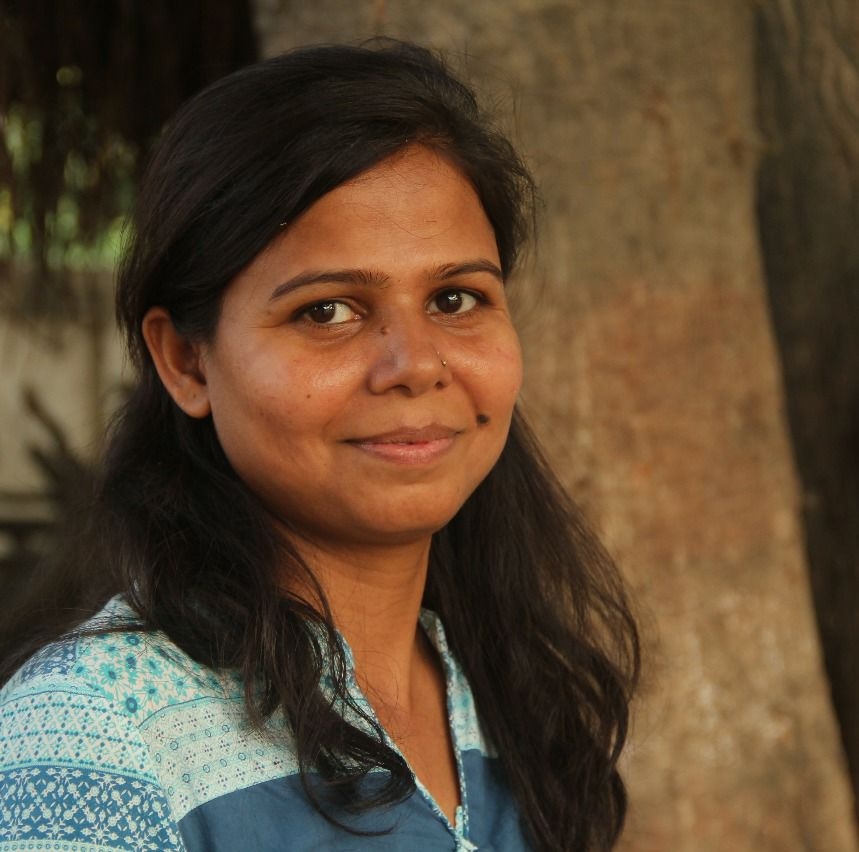
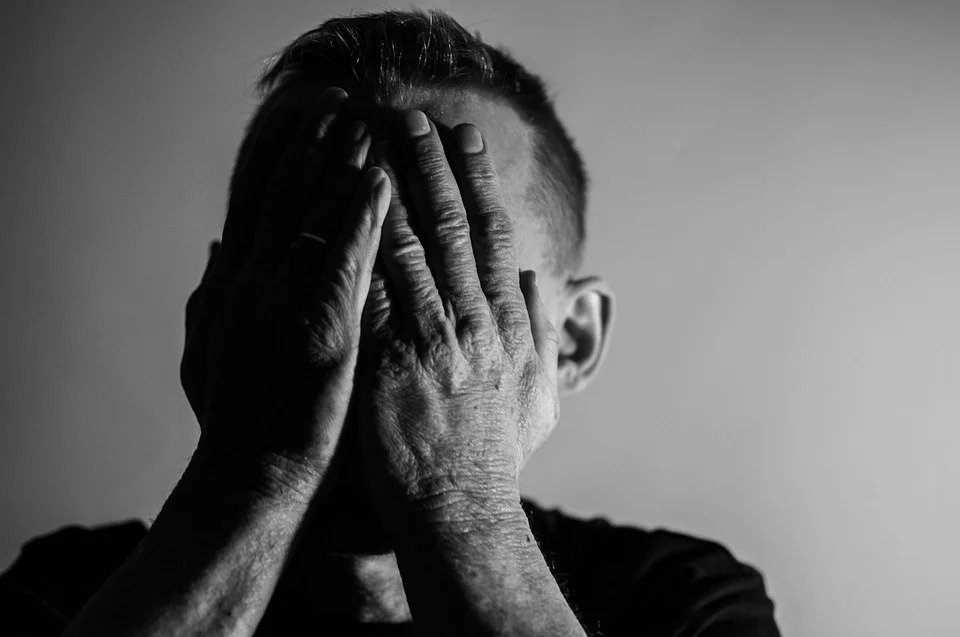
“There was this dilemma while reporting from the ground about the workers returning in large numbers from cities to villages — do I worry about the possibility of contracting coronavirus or report about the suffering of the labourers in transit. These labourers were walking hundreds of kilometres on an empty stomach. I simply didn’t know how to comfort them with words,” a journalist reporting on Covid-19 for a media house in Delhi told Gaon Connectionon the phone.
“Masks can be worn while reporting, but it is difficult to sanitize the hand repeatedly, especially when one is covering a section that is starving. While we were riding on vehicles, we witnessed pregnant women and children walking on foot. We began loathing the system,” another journalist said.
As journalists try to cover every aspect of the Covid-19 outbreak, they risk contracting the coronavirus. Some suffer mental stress seeing the plight of the affected, while some panic seeing the deaths tally rising. Many face the police ire as they travel from one place to another. Journalists point out that while reporting a crisis is always challenging, reporting a pandemic is more risky.
Media organisations have also started feeling the economic impact of the coronavirus, especially due to the 21-day lockdown announced in India to fight it — media institutions are reported to have started cutting salaries of their staff.
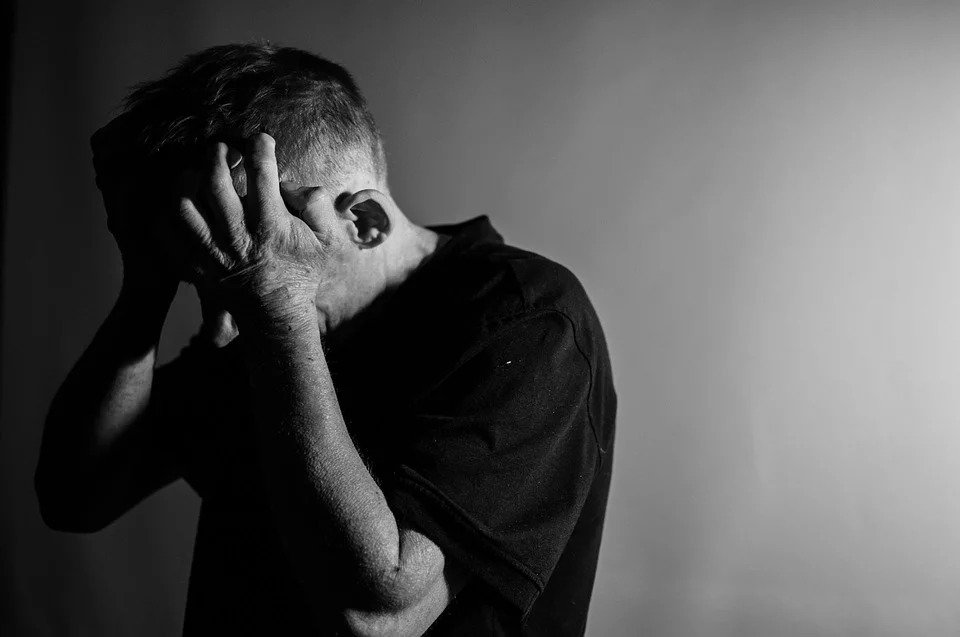
On March 24, Prime Minister Narendra Modi said India will be under a lockdown for 21 days from March 25 to April 14 to contain the spread of coronavirus. All modes of transport were suspended and people movement was prohibited during the lockdown. But the lockdown meant lakhs of daily wage labourers in the country were left with no means of income and many of them and their families began going back to their villages on foot.
Journalists reported the mass movement from many places across the country, especially in Delhi, Maharashtra and Gujarat, and brought out the sufferings and hardships of these labourers.
“It affected us deeply. We kept thinking how they will go from Delhi to Bihar or Kanpur. The number of labourers was huge. Also, when you come in contact with so many labourers, you don’t know who is infected. So, when you are living with a family, you are constantly worrying about the health risk you pose to them,” a journalist said on the condition of anonymity.
Was there any pressure from the journalist’s organisation to file reports fast, immediately after returning from the field? “There was no pressure. In fact, we have been prohibited from going to the field. But the reporter in us does not allow us to sit at home. And if we have gone to the field, it is our responsibility to file the news in time as a reporter. However, while doing all this, we undergo a lot of mental stress.”
In the initial days of the lockdown, many journalists faced difficulties with the police, who were strict with those violating it.
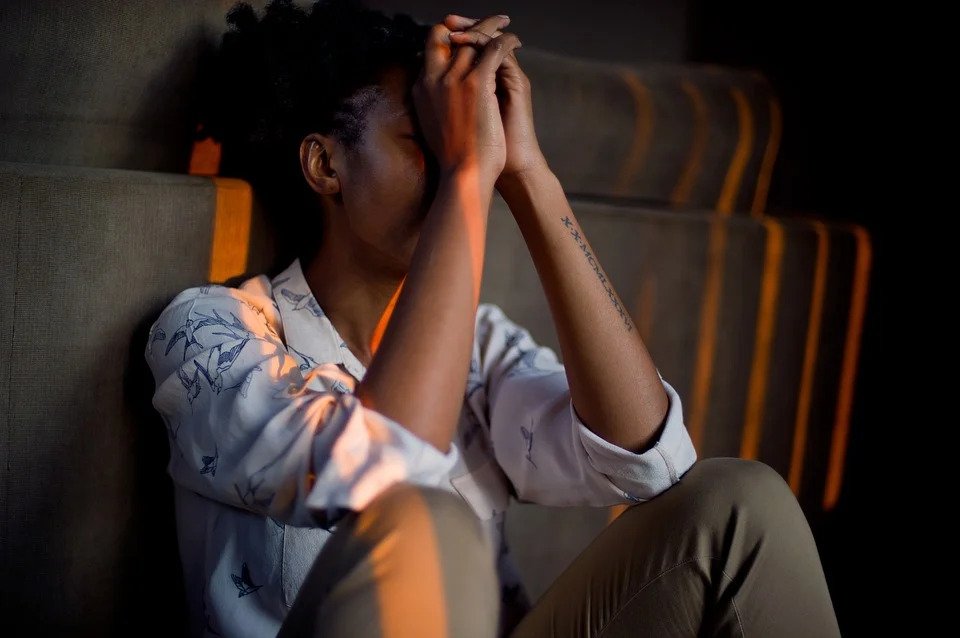
Naveen Kumar, a Delhi-based journalist working for the Aaj Tak channel, said in a social media post that he was beaten by the police while he was on his way to NOIDA Film City from Vasantkunj at 1:30 pm on March 23.
“Three policemen started beating me within my van. Gyarsi Lal Yadav had closed my mouth so that I would not shout. I was terrified. I was trembling with panic. When I asked for my phone, they pushed me savagely from the van. I fell on the road. A man brought me my phone. I immediately phoned the office and told them about it,” he wrote on social media.
Another journalist said he was stopped by the police from going to a reporting assignment. “The police stopped me at an intersection while going for reporting in the field. I had a press card but even then they did not allow me to go ahead.”
Independent journalist Umesh Rai, who writes for many media organisations in Bihar, said: “As a freelance journalist, you are under no pressure to give a daily story, but there are other difficulties. As I don’t have a press card, the police don’t allow me access to many places.”
Many journalists say they are under pressure from their organisations to show positive reports amid the pandemic. That presents another dilemma for many journalists, especially the young and aspiring.
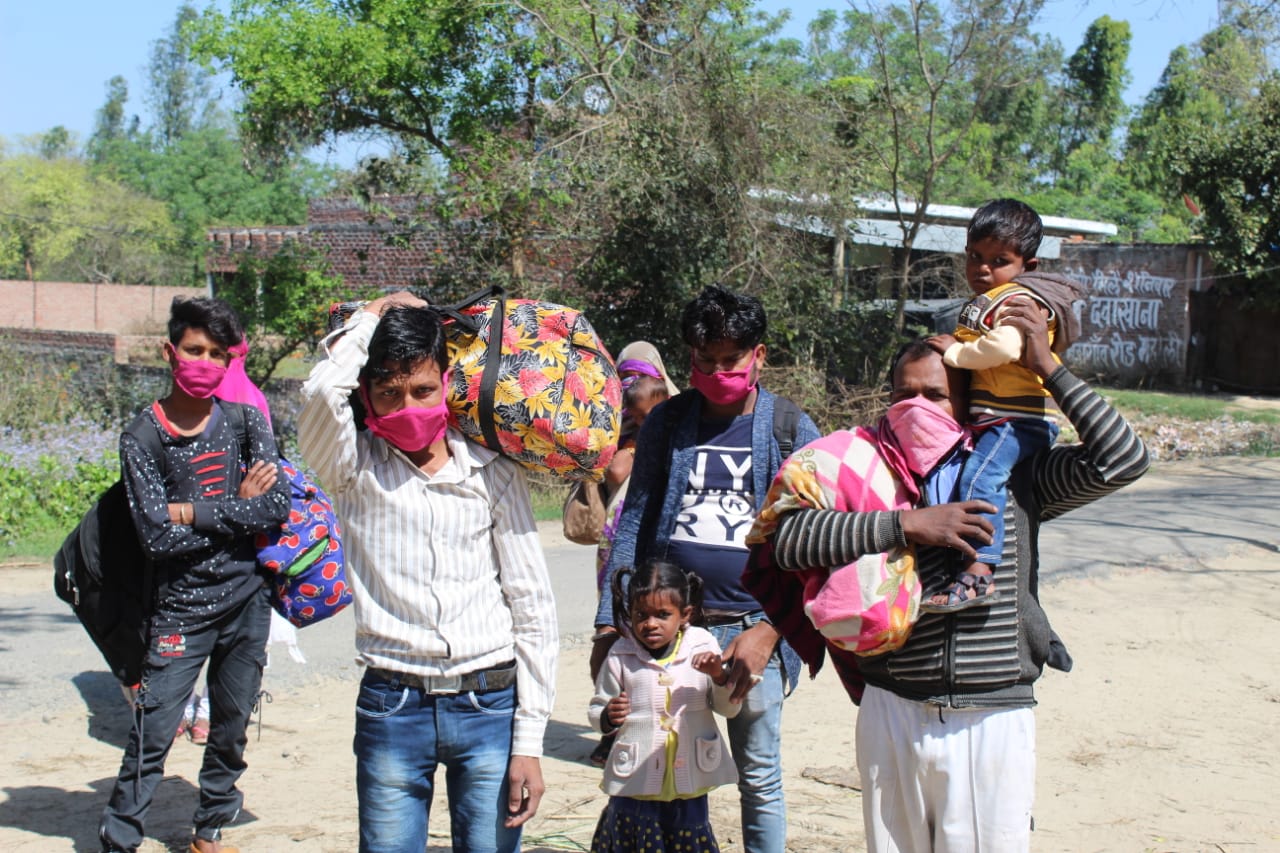
“Now, if we see someone suffering from hunger on the road, how can we show that the government has made arrangements for food?” said a journalist on the condition of anonymity. “We are under pressure from our organisation to mostly show positive stories. This is no less than mental torture, but what can be done? We can’t show the truth even if we want to.”
During the pandemic, it is the journalists covering the health beat who have to work really hard. “People on the field are not ready to talk to us fearing that we are out to expose some shortcoming in the way the outbreak is being handled. Secondly, we are also afraid of catching the infection as we do not know whether the person we are talking to is infected or not. I am also accountable for any lapse in my beat. It is quite stressful.”
Journalists associated with digital platforms and working from home are also not finding it easy. “I have been working from my house since the lockdown. At home, it is difficult to work like in an office. Sometimes the net is slow and sometimes children don’t allow you to work. These things are difficult to explain to the bosses. If you work less in the office, no one would notice, but more work is expected to be done from home,” said a woman journalist.
She said, “In such stressful times, one doesn’t feel like writing a news story.”
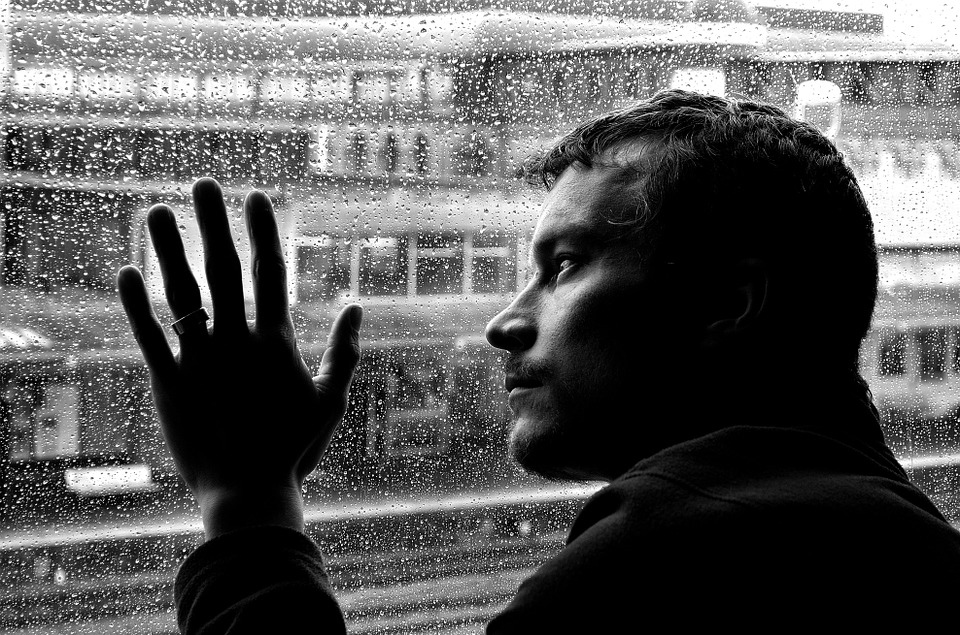
Field reporting not a compulsion but done for self-satisfaction
Many journalists are going out to report despite their organisations advising them to stay home and work, for job satisfaction and to uphold ethics.
“We have been advised to not go to the field, but then as a journalist I can’t stop myself,” Amit Bhardwaj, a reporter in Delhi who works for Asiavillenews.Com, told Gaon Connection on the phone.
Arindam Ghosh, a journalist with The Times of Indiain Jhansi, said: “Three days ago, a patient in a hospital I had gone to cover a story tested positive for coronavirus. Such things are scary but work cannot stop. I am out reporting, I make an effort not to miss a story.”
Amit Kumar Sinha, who covers health and crime for Prabhat Khabarin Kaimur district of Bihar, said: “I always work with the aim of not missing a single news lead. It is not for the sake of any institution, that is my creed. Although I can step out only for two to three hours, there is alway the fear of contracting the virus. I am very careful to ensure I don’t bring any harm to my family members.”
“It is at such times, that a journalist’s job becomes crucial. As responsible professionals, we have the moral responsibility to show the world the reality. I try to capture pictures that evoke a thousand stories,” said a photojournalist from Delhi not wanting to be named.

